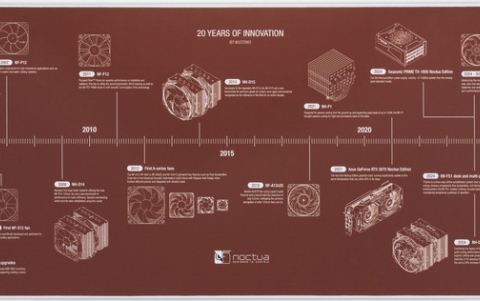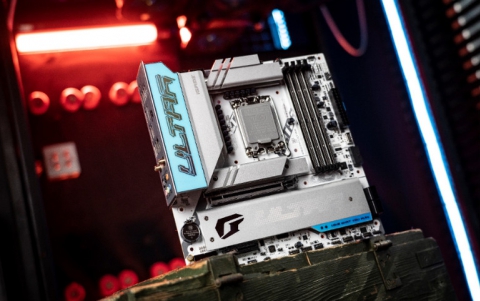Fighting Big Brother
2. Page 2
Let’s take things from the beginning…
There is one and only basic feature in digital communications carried out as they are, either through new generation telephone apparatuses, or through mobiles, or through computer networks: what they practically convey is numbers. Anything we key on a computer, or utter on the phone, is turned into digits, carried through the line and decoded when reaching the receiver. Yet, it is possible that these numbers are “jumbled” in the source of transmission, on the grounds of an equation called the algorithm, to be rearranged in their proper order again when reaching their destination with the help of the same equation. If, in the meantime, one overrides the transmission in question and is not in possession of the algorithm, is by no means capable of comprehending the message.
 The technology linked to ciphering as well as deciphering messages is rather
old but the high cost involved in it has made a state monopoly out of it. With
the discovery of the Personal Computer and the Digital Telephone Device the
process has been simplified indeed. Now anyone can encode their messages providing
they are in possession of the appropriate program. This way the state lost
both its privilege to the monopoly of cryptography and the ability to spy upon
the just and the unjust at the same time…
The technology linked to ciphering as well as deciphering messages is rather
old but the high cost involved in it has made a state monopoly out of it. With
the discovery of the Personal Computer and the Digital Telephone Device the
process has been simplified indeed. Now anyone can encode their messages providing
they are in possession of the appropriate program. This way the state lost
both its privilege to the monopoly of cryptography and the ability to spy upon
the just and the unjust at the same time…
This “danger” became visible at an early stage by the USA secret services. Since 1979, Bobby Inman, head of the NSA-National Security Agency (an organization whose existence was unknown to everyone prior to 1966)-had been persisting in his department assuming control over all cryptography programs, congruent with the one over nuclear weapons, handed over to the Pentagon! Yet, his dictates had not been heard till it was too late. The science of cryptography was breaking away from academic institutions and, mainly through the Internet, spreading to the public.
In 1990 the American government tried to pass a bill against crime. One of its provisions allowed for the codes connected with products of cryptography to be readable by the state authorities. General clamor broke out, but that was not enough for the bill to be revoked, on the grounds of “national interest”…













